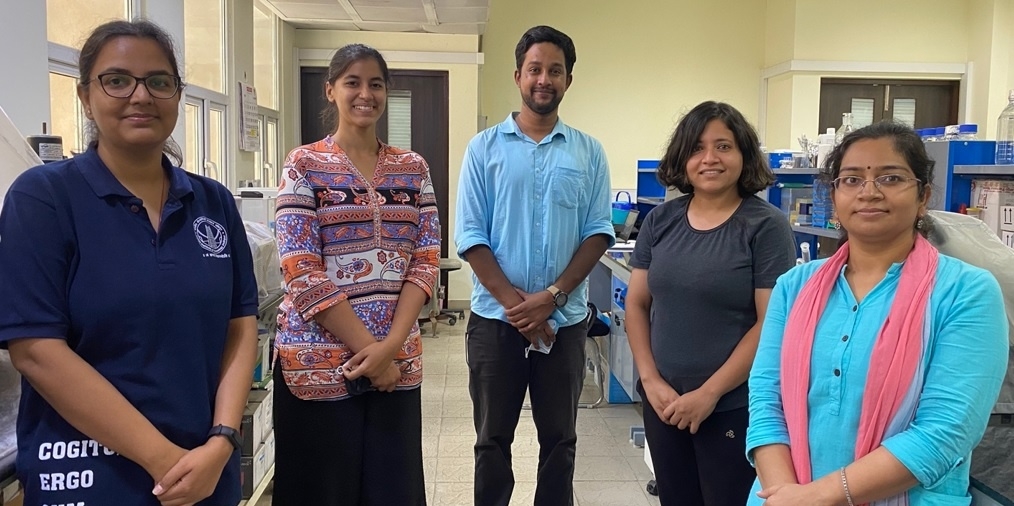IIT-Jodhpur students find unique way to generate electricity from plants
IIT-Jodhpur students find unique way to generate electricity from plants

According to their team of 3 members, wastewater treatment is an essential activity in a civilised society. Increasing generation of huge amounts of domestic wastewater has made it essential to develop newer treatment methods that are energy efficient.
Organic waste materials have a lot of hidden energy; domestic waste has 9 times more energy than the treatment consumes. There has been interest to generate energy from waste in the process of waste treatment, said the team.
"A Microbial Fuel Cell (MFC) is a device that uses microbes to convert organic matter into wastewater directly into electrical energy. While the idea of using microbes to produce electricity was proposed as early as 1911 by Michael Potter, a professor of botany at the University of Durham, its use in fuel cells is a recent development and promises to solve two separate problems - the treatment of waste and energy generation," said Meenu Chhabra, who is an Associate Professor at IIT Jodhpur.
She led the research & explained that algae-based systems have been extensively studied in recent years as algae grow faster and easily but are sensitive to cultivation conditions. She said that they have experimentally compared the performance of algae and plant-based MFCs under similar operational conditions and wastewater sources.
The researchers compared the 2 in terms of pollutant removal efficiency and efficiency of electrical energy generation. They used Canna Indica for plant-based MFC and Chlorella vulgaris for algae-based MFC.
This study was conducted under outdoor conditions using natural wastewater from decentralised wastewater treatment plant of IIT Jodhpur.
Chhabra says, "We found that plant MFCs are better suited because they are robust, stable, and achieve high power output. This observation is significant because plant systems are currently underrated because of their low growth rate and large space requirements than micro algae-based systems, but it seems that the power output overrides the above problems.”
Chhabra adds, "Plant-based microbial fuel cells can be easily installed in natural wetland systems for in-situ bioremediation of waste and power generation. Such fuel cells can be easily installed as artificial wetlands at any location where wastewater is collected, and the power generated can be used to power small devices such as LEDs in remote locations."
The IIT Jodhpur team wants to explore the microbial fuel cells further and study such aspects as microbial communities analysis, long-term operation, rhizosphere characterisation, and design optimisation, in order to realise the potential of MFCs in wastewater treatment and alternative power generation.
Other members of the team included Arti Sharma, Sanjana Gajbhiye and Sweta Chauhan.
This was about the amazing work of the IIT0-Jodhpur students who are trying to save the environment in unique ways. If you know of any more such projects, tell us in the comments below. Do visit the space for more such interesting stories!
